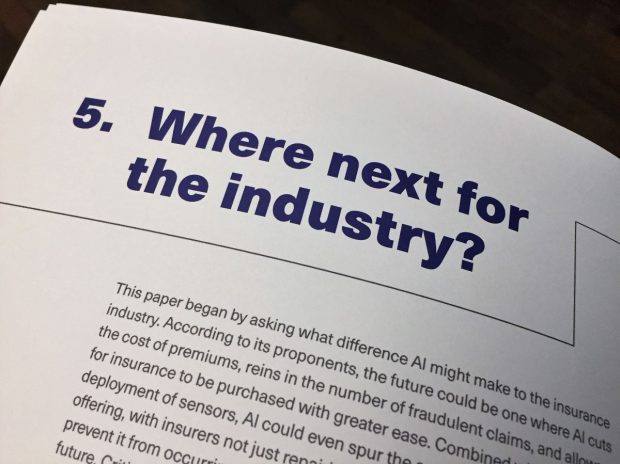Although there are a number of entirely new uses of data and AI, approximately half of our April database relates to extension or pivots of existing activity to a new context, or a new synthesis of existing data sources. We would expect to see an increase in novel use-cases as time goes on, after further development and testing time.
The CDEI’s mission is paramount at a time when rapid technological advances are being deployed to help control the spread and minimise the effects of COVID-19. In order to realise our mission, and create an environment in which ethical innovation …
Financial companies are increasingly using complex algorithms to make decisions regarding loans or insurance - algorithms that look for patterns in data which are associated with risks of default or high insurance claims. This raises risks of bias and discrimination …
The CDEI recently hosted a virtual roundtable with people from nearly 10 different countries who are working on contact tracing apps. The discussion focused on public trust and how it can be built while working at speed to develop and …
It’s easy to argue for more data sharing in the public sector. This would enable more innovation, make it easier to deliver personalised services and make the government more efficient. Right? But what about privacy?
Advances in technical innovation should be something that everyone can look forward to. Or, at a minimum, not be something that causes active worry. Whilst innovation is to be encouraged, innovation alone is not good enough. It needs to be ethical innovation, or none at all.
If 2020 is going to be the year that we get serious about ethical principles, as many commentators in the AI and ethics community claim, I can think of few better places to begin than with personal insurance.







Recent Comments